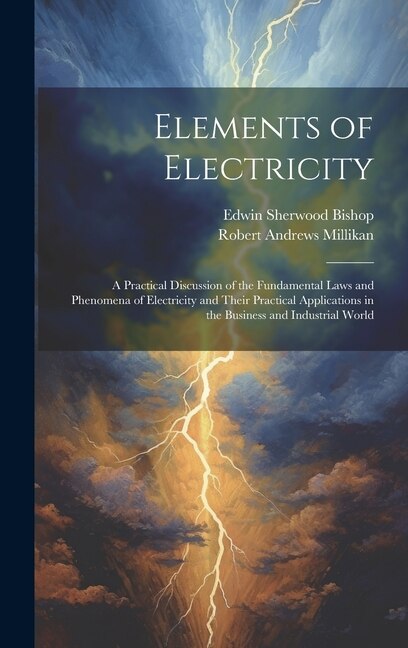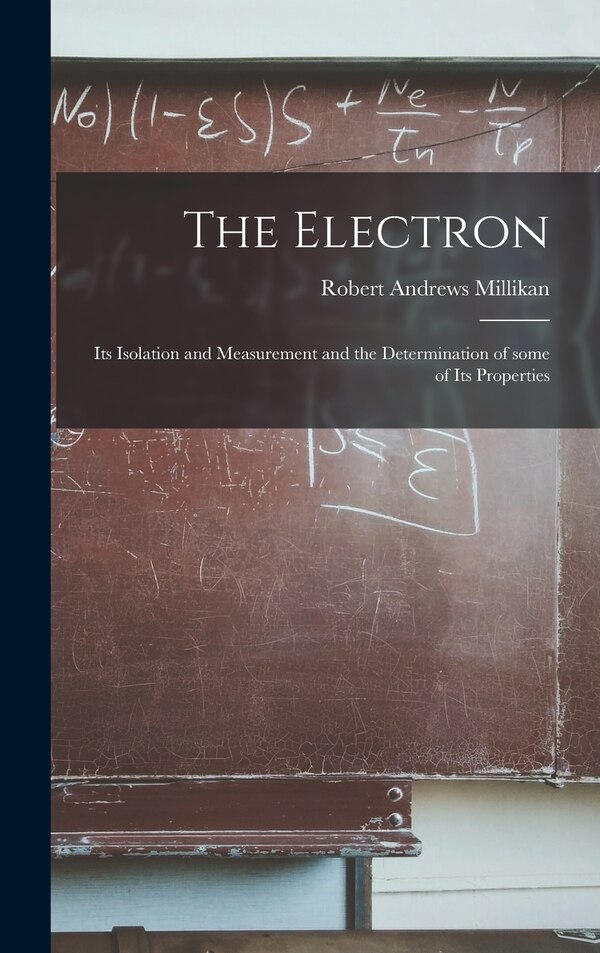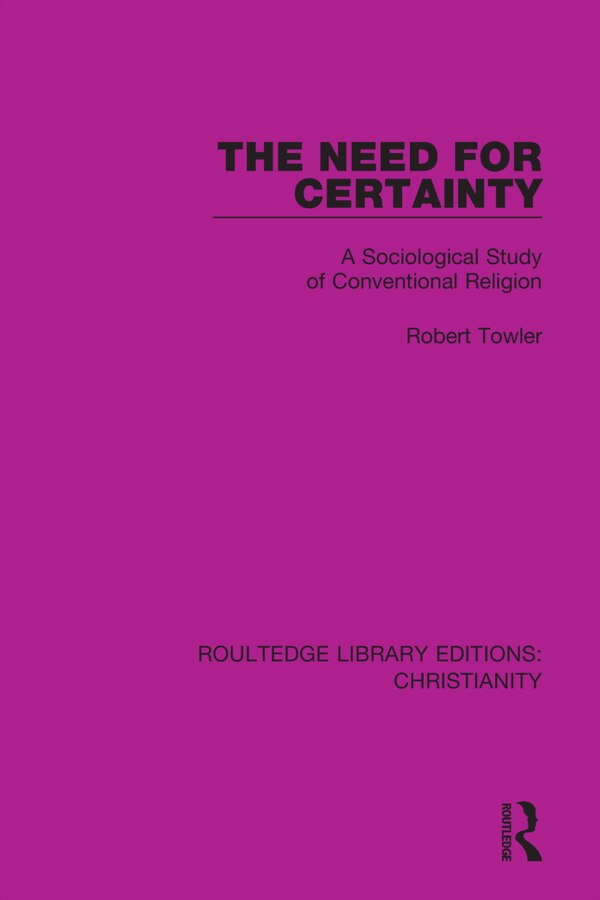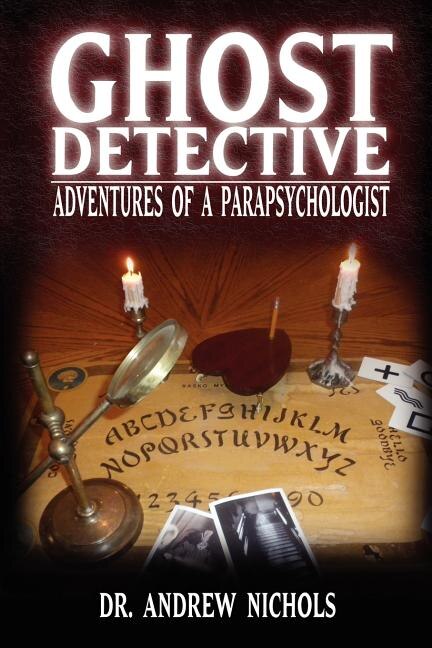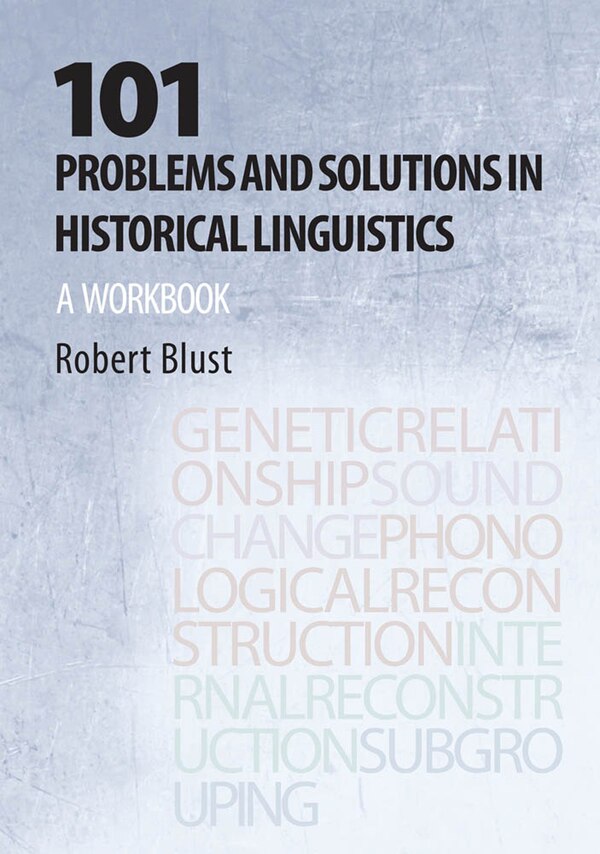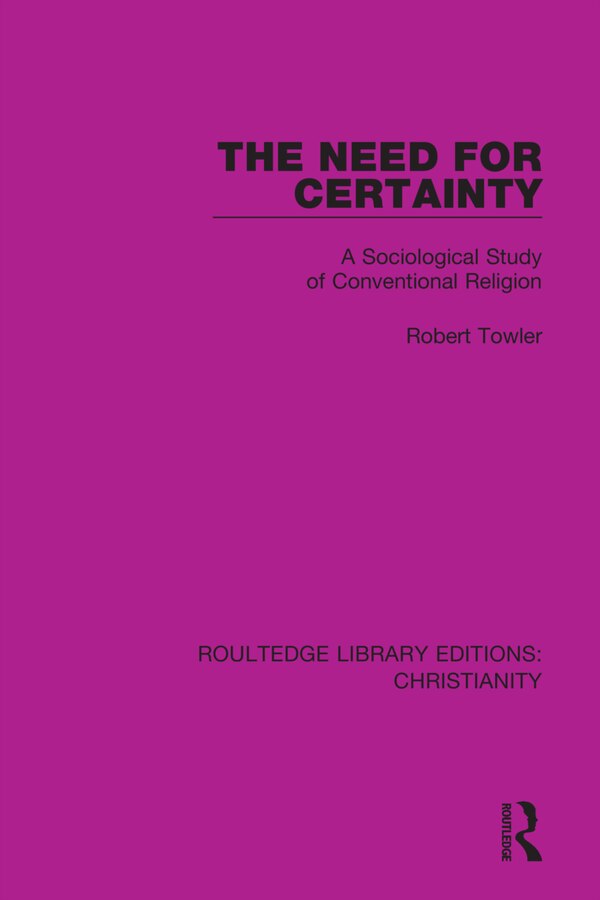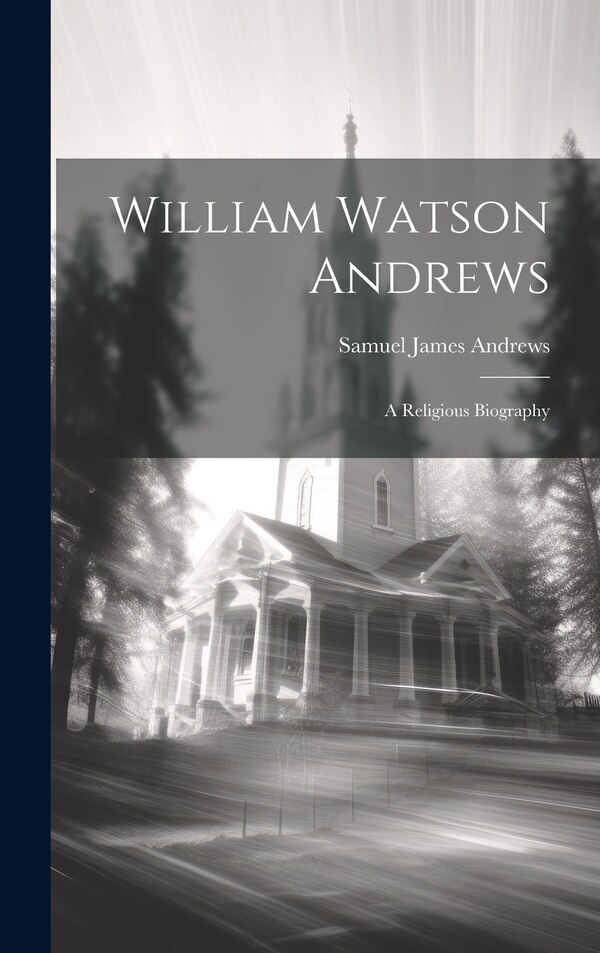
Choice Made Simple!
Too many options?Click below to purchase an online gift card that can be used at participating retailers in Village Green Shopping Centre and continue your shopping IN CENTRE!Purchase HereHome
Robert Greystones on Certainty and Skepticism by Robert Andrews, Hardcover | Indigo Chapters
Coles
Loading Inventory...
Robert Greystones on Certainty and Skepticism by Robert Andrews, Hardcover | Indigo Chapters in Vernon, BC
From Robert Andrews
Current price: $256.95
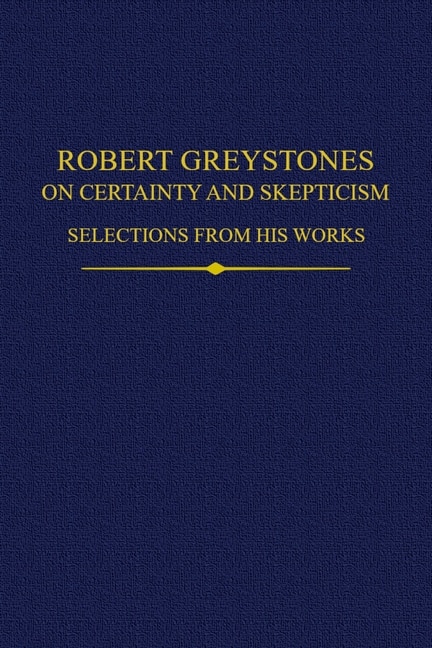
Coles
Robert Greystones on Certainty and Skepticism by Robert Andrews, Hardcover | Indigo Chapters in Vernon, BC
From Robert Andrews
Current price: $256.95
Loading Inventory...
Size: 3.48 x 23 x 988
*Product information may vary - to confirm product availability, pricing, shipping and return information please contact Coles
Robert Greystones on Certainty and Skepticism: Selections from His Works is a continuation of the volume previously published by Auctores Britannici Medii Aevi, Robert Greystones on the Freedom of the Will: Selections from His Commentary on the Sentences (edited by Mark Henninger, with RobertAndrews and Jennifer Ottman, 2017). In the course of preparation of the first volume, startling information arose concerning the nature and extent of Greystones' skepticism. Following draft editions of a number of Greystones' Sentences commentary questions, the most relevant five questions wereselected for editing and translation. Greystones is in the tradition of Nicholas of Autrecourt, William Crathorn, Monachus Niger (the Black Monk), Nicholas Aston, and John Went, but the earliest of these figures. Building upon the 69th proposition of the Condemnation of 1277, Greystones concludes that God's unlimited power must lead toa radical skepticism about human knowledge. We cannot be certain whether we are in this life or the afterlife, in a body or not. We cannot be certain about the existence of any external object. We have no certain knowledge of cause and effect, the existence of substances, or of any contingent event. Like Descartes, Greystones held that we can be certain about our own existence (ego sum). But preempting Descartes' appeal to a beneficent, non-deceptive God, Greystones says: God does not deceive. But you deceive yourself if you insist on believing that something exists when you know that it mightnot! You know that God can intervene at any instant, and thus that you can never completely trust your senses. Greystones' skepticism is strikingly significant in light of the later historical development of philosophy. Recent researchers on medieval skepticism such as Henrik Lagerlund, Dominik Perler, and Jose Luis Bermudez show no awareness of Greystones. Indeed, Bermudez claims that the resources were not available in the thirteenth and fourteenth centuries to entertain those ... skeptical worries that wereidentified as distinctive of Cartesian skepticism. This edition of Greystones should prompt not just a footnote to, but a re-writing of, the history of philosophy. | Robert Greystones on Certainty and Skepticism by Robert Andrews, Hardcover | Indigo Chapters
Robert Greystones on Certainty and Skepticism: Selections from His Works is a continuation of the volume previously published by Auctores Britannici Medii Aevi, Robert Greystones on the Freedom of the Will: Selections from His Commentary on the Sentences (edited by Mark Henninger, with RobertAndrews and Jennifer Ottman, 2017). In the course of preparation of the first volume, startling information arose concerning the nature and extent of Greystones' skepticism. Following draft editions of a number of Greystones' Sentences commentary questions, the most relevant five questions wereselected for editing and translation. Greystones is in the tradition of Nicholas of Autrecourt, William Crathorn, Monachus Niger (the Black Monk), Nicholas Aston, and John Went, but the earliest of these figures. Building upon the 69th proposition of the Condemnation of 1277, Greystones concludes that God's unlimited power must lead toa radical skepticism about human knowledge. We cannot be certain whether we are in this life or the afterlife, in a body or not. We cannot be certain about the existence of any external object. We have no certain knowledge of cause and effect, the existence of substances, or of any contingent event. Like Descartes, Greystones held that we can be certain about our own existence (ego sum). But preempting Descartes' appeal to a beneficent, non-deceptive God, Greystones says: God does not deceive. But you deceive yourself if you insist on believing that something exists when you know that it mightnot! You know that God can intervene at any instant, and thus that you can never completely trust your senses. Greystones' skepticism is strikingly significant in light of the later historical development of philosophy. Recent researchers on medieval skepticism such as Henrik Lagerlund, Dominik Perler, and Jose Luis Bermudez show no awareness of Greystones. Indeed, Bermudez claims that the resources were not available in the thirteenth and fourteenth centuries to entertain those ... skeptical worries that wereidentified as distinctive of Cartesian skepticism. This edition of Greystones should prompt not just a footnote to, but a re-writing of, the history of philosophy. | Robert Greystones on Certainty and Skepticism by Robert Andrews, Hardcover | Indigo Chapters

